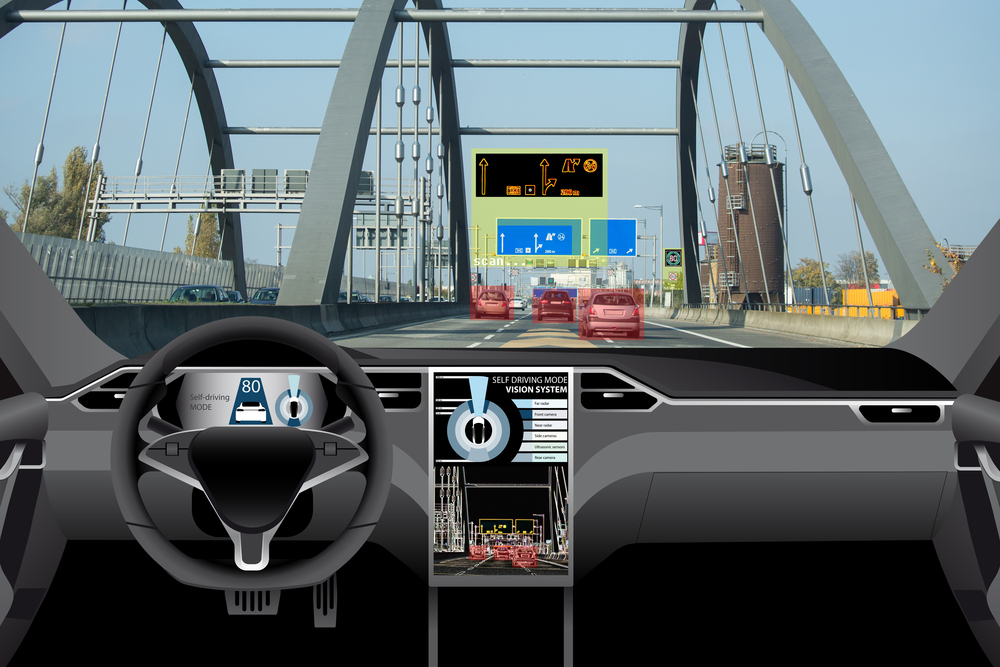
Major car manufacturers from Nissan to Lexus are in the midst of developing completely self-autonomous cars. The projections are that by 2022 you will be able to invest in a car that will get you anyplace you want to go without you even needing to watch the road. What was once science fiction in the automobile industry is becoming real, but that doesn’t mean that everyone is on board with turning their car’s reins over to a computer to make life and death decisions.
Many cars already come equipped with self-driving technology. Self-driving safety features are intended to do away with the human error that is responsible for millions of accidents on Houston roadways. But statistics are beginning to show that not all self-driving technology is helping to reduce the number of car accidents. In fact, in some instances, self-driving safety features might be to blame for several accidents across the US and in the Houston area.
By some accounts, cars equipped with self-driving technology are over three times more likely to get into an accident than those that aren’t self-driving. This isn’t only concerning to those who have the technology built into their cars; it is causing legal headaches for the people who are in an accident and believe that it was the self-driving feature that led to them being at fault.
Texas is a no-fault state. That means that when you are in a car accident, no one is technically “at fault.” Each driver, whether negligent or not, pays for their own damages and injuries. That is why every driver in Houston is required to carry PIP, or Personal Insurance Protection. Since no one is declared negligent in automobile accidents in Texas, every driver has the responsibility to carry insurance to cover any accident they are involved in.
But what about when it isn’t the driver who is responsible for an auto collision? What if it is self-driving technology that leads to an accident? The driver would still be responsible for their own injuries through their PIP insurance. The manufacturer of the self-driving technology, however, might also be to blame.
As the law currently states, until a car is completely autonomous – meaning that there is no driver behind the wheel – if you are driving a car, even while using self-driving technology, and you are in an accident, you are technically at fault for the accident. Although you are determined as negligent, that does not mean that the manufacturer might not be on the hook for a product liability case. If it was the self-driving technology that failed and caused your Houston accident, then you might be able to hold the manufacturer liable for your injuries.
Why would self-driving technology be to blame?
As good as some self-driving technology is at sensing things and conditions around a car, there are times when it can’t do what the human mind can, like anticipating specific circumstances. Working via sensors rather than human processing and forward thinking, self-driving technology can’t always predict what human drivers can. That is why as good as the technology becomes, there is always going to be room for error.
Until cars are completely driven without the assistance of humans and are all running with self-driving technology, there is going to be the potential that it can cause an accident instead of avoiding one. Since it can’t anticipate human reactions or behaviors, if there are still unpredictable people behind the wheel, self-driving technology can’t think in the same way.
According to Zehl & Associates, PC, If you are in an accident in Houston and you believe that it was your car’s self-driving technology to blame, you are still responsible for your injuries and damage through PIP. But that does not mean that you can’t initiate a product liability suit against the manufacturer who designed the self-driving technology. If you can prove that the technology was to blame, you might be able to recoup your costs.



